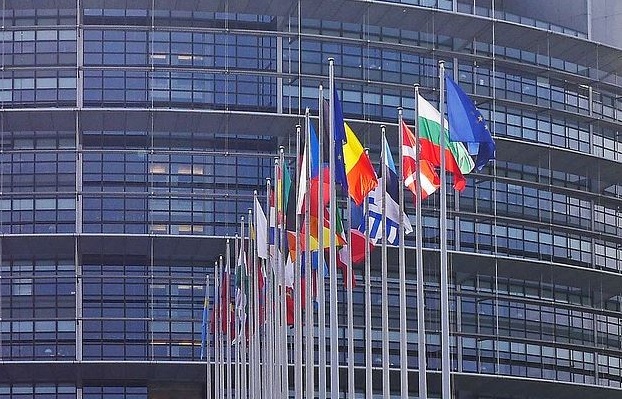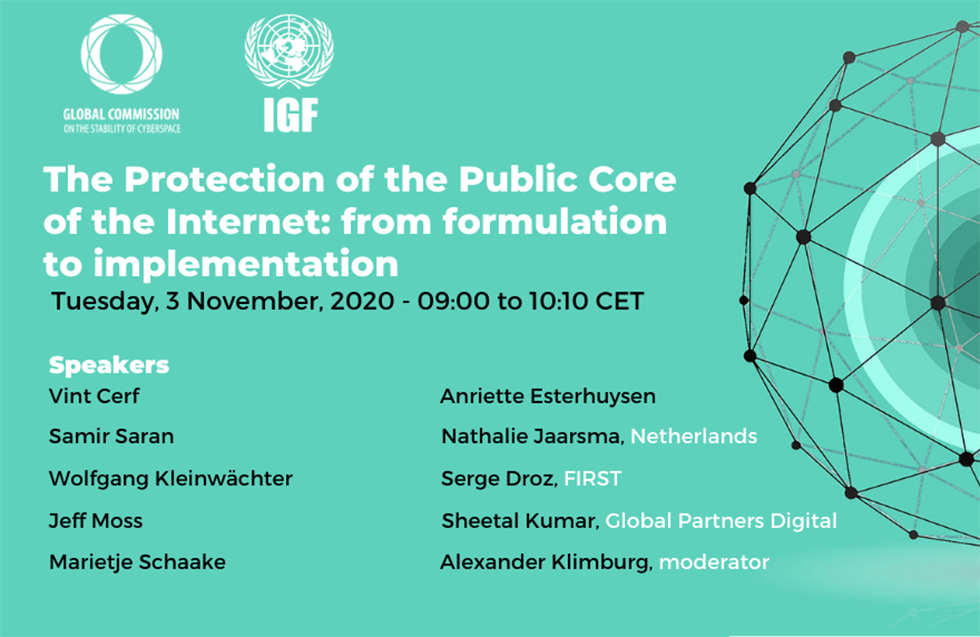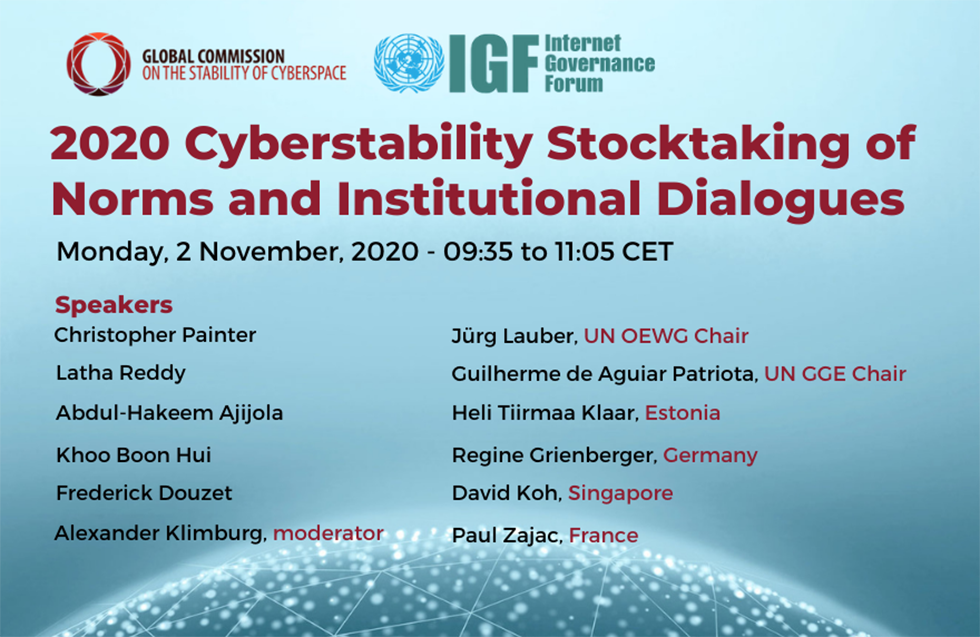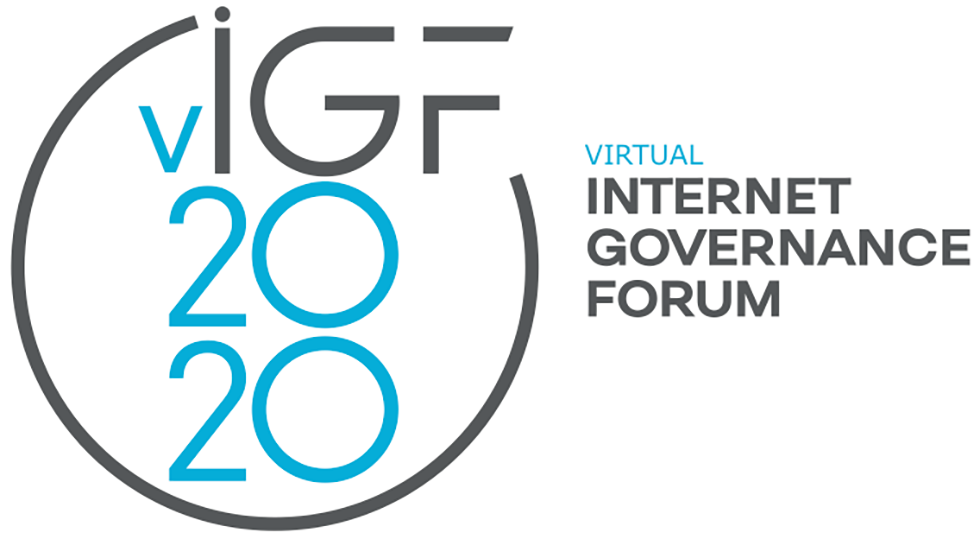A new report released by the European Parliament supports the Global Commission on the Stability of Cyberspace (GCSC) as it continues to develop proposals for norms and policies to enhance the international stability and security of cyberspace.
Following up on the work by Dutch Member of the European Parliament Marietje Schaake, who referred to the GCSC in two resolutions before committee in the European Parliament in May 2018, the European Parliament released the report on cyber defence (2018/2004)INI)) as adopted by the European Parliament’s Foreign Affairs Committee on 25th May 2018.
Article 48 of the report notes that the work of the GCSC was taken into consideration when developing the Motion for a European Parliament Resolution, and that the European Parliament supports the GCSC in that context. The text reads as follows:
The European Parliament [—] supports the work of the Global Commission on the Stability of Cyberspace to develop proposals for norms and policies to enhance international security and stability and to guide responsible state and non-state behaviour in cyber space; endorses the proposal that state and non-state actors should not conduct, or knowingly allow, activity that intentionally and substantially damages the general availability or integrity of the public core of the internet, and therefore the stability of cyber space.
(Access the full report here.)
The release of the report comes as the European Union continues to take steps to strengthen its cybersecurity capacities. The first piece of EU-wide legislation on cybersecurity, the NIS directive, came into effect this past May in what was called a “turning point” in cybersecurity by several EU commissioners. The directive provides countries throughout the EU with legal measures to boost their cybersecurity. Those same commissioners also urged the EU to continue strengthening its cybersecurity capacities in a statement, noting that “to further boost the Union’s cybersecurity, the EU should swiftly give a strong and permanent mandate to its Agency for Cybersecurity, the European Union Agency for Network and Information Security (ENISA) and establish an EU framework for cybersecurity certification.”
EU Commission President Jean-Claude Juncker also highlighted cybersecurity in his 2017 State of the Union address, arguing that the union had seen cybersecurity progress over the previous years. “Europe is still not well equipped when it comes to cyber-attacks,” he said. “This is why, today, the Commission is proposing new tools, including a European Cybersecurity Agency [building upon ENISA], to help defend us against such attacks.”
On 13th June 2018 the European Parliament published a Press Release that reflects on the recent report, saying that the MEPs are interested in “robust EU cyber defence and closer ties with NATO”.






